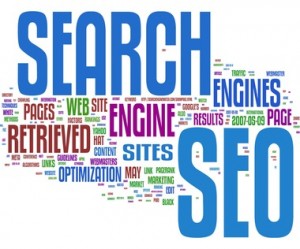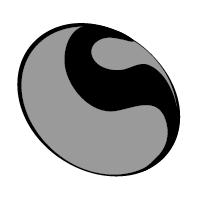Here are the most important elements of a fully optimized website in order of importance:
 Keywords and Content Target the correct keywords for your audience.
Keywords and Content Target the correct keywords for your audience.
After thorough research of which keywords are most relevant to your service or product, readable, relevant content must be developed around these keywords. It is important to make the goal of your website clear and communicated in a way that is both understandable by web visitors as well as search spiders.
Website Architecture Design the site for search engines behind the scenes.
Hidden page elements such as meta tags, alt tags, robots.txt, htaccess file and site architecture must be optimized by current standards for search engine optimization. The page titles must clearly communicate the content that is found on that page and the meta description and keywords should always support the page content. H1 and H2 tags should clearly support the main subject of the page. The basic site architecture must clearly define where a user is at any given time and how to get back to where they came from.
Site Usability and Simple Design Content must be organized using themed sections and optimized for search engine results
It is said that you have 6 seconds to to deliver what a web visitor wants before they click the back key and move on to your competition. Website navigation must be clear and simple and sections must be clearly defined. Many websites use the fanciest, high-tech tricks that only confuse and distract their audience with all of the moving bells and whistles. Make a clear call to action on every page and help your web visitors find what they came for in well under 6 seconds and you will have a high rate of conversion from visitors to customers.
Link Popularity Everybody loves to recommend their favorite place
When you get an enthusiastic recommendation to a restaurant or store, especially by someone you trust, you are more likely to patronize that business. Search engines work exactly the same way. There are millions of stores online and many of them may have fully search engine optimized websites.
So how does Google know which ones to put in the top 10? Recommendations from trusted sources. These come in the form of links TO your website FROM these trusted websites. If search engines see other websites (that it considers of good quality) linking to your website, it considers that a recommendation from a trusted friend. It can however, work in the opposite way. If it sees websites that it does not trust or considers to be of bad character pointing at your website, it may penalize your website for it. Therefore, link building from good quality sites is critical to online success. When your website has met all of the criteria above and is in tip top shape, the inbound links will grow.
Search Engine Friendly Optimization:
- Light-weight, optimized and W3C-validated HTML code
- Search engine-safe URLs
- Advanced URL rewriting
- Proper use of H1, H2, and H3 headers, page titles, and META tags
- CMS tools for our clients to make ongoing changes to their content to target new and existing search terms
